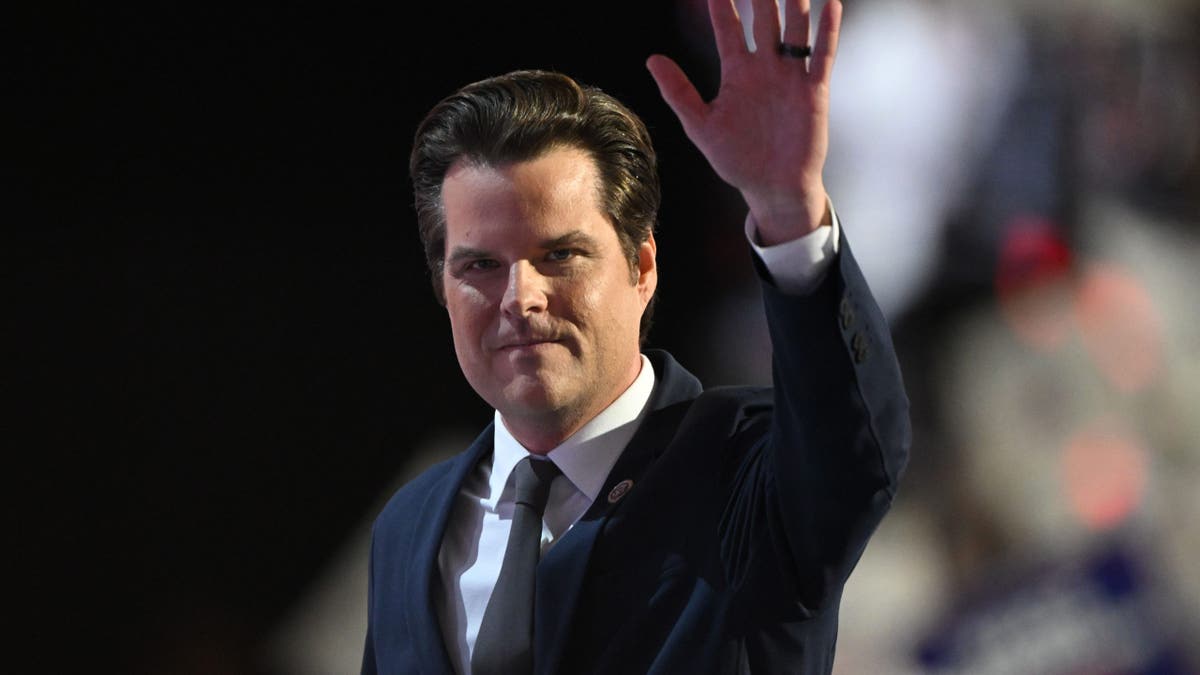The Shady Company Backing Trump’s Bond May Never Actually Pay Up
The financial backer covering Donald Trump’s $175 million bank fraud bond has already been revealed as a “king of subprime car loans” with sketchy business practices. But the financial situation behind the dubiously leveraged suretor, Knight Specialty Insurance Company, has gotten even more complicated: Apparently, its parent company is located in the Cayman Islands, a popular tax haven for corporations and the ultrarich.That should ring alarm bells for the New York attorney general’s office, according to former industry regulators who spoke with The Daily Beast, since the locale not only allows companies to skirt taxes but also allows them to minimize oversight and evade some U.S. regulations—all things that could potentially make collecting the cash even harder.“This just stinks to high heaven,” former California Insurance Commissioner Dave Jones told the Beast. “Taken in its totality, this dog does not hunt. Along every step of the way, this purported bond is problematic. It’s just one issue after another that calls into question whether this bond could ever possibly satisfy the judgment,” said Jones.At the center of the fiasco is one key question: Can the suretor actually pay up? Previous analyses of Knight indicate that the answer might be no.In a court filing last week, Knight revealed that its liquid assets don’t meet the needs of Trump’s already minimized bond. According to a financial assessment, the company, owned by billionaire Don Hankey, had just $138 million in “surplus.” Knight would therefore need to spend 127 percent of its reserves in order to cover Trump’s bond—far more than the 10 percent of a state-regulated suretor’s surplus that’s allowed by New York law.Hankey told Forbes that Knight initiated the deal with the criminally charged GOP presidential nominee, and explained that Trump had used both cash and investment-grade bonds to secure the money with his insurance company. Hankey added that he had never met Trump but had been a supporter of his previous campaigns.Trump and his co-defendants still owe more than $464 million in the case. It’s unclear how long the case will take to appeal, but that won’t stop the interest on his disgorgement from accruing at a rate of more than $111,000 a day.

The financial backer covering Donald Trump’s $175 million bank fraud bond has already been revealed as a “king of subprime car loans” with sketchy business practices. But the financial situation behind the dubiously leveraged suretor, Knight Specialty Insurance Company, has gotten even more complicated: Apparently, its parent company is located in the Cayman Islands, a popular tax haven for corporations and the ultrarich.
That should ring alarm bells for the New York attorney general’s office, according to former industry regulators who spoke with The Daily Beast, since the locale not only allows companies to skirt taxes but also allows them to minimize oversight and evade some U.S. regulations—all things that could potentially make collecting the cash even harder.
“This just stinks to high heaven,” former California Insurance Commissioner Dave Jones told the Beast.
“Taken in its totality, this dog does not hunt. Along every step of the way, this purported bond is problematic. It’s just one issue after another that calls into question whether this bond could ever possibly satisfy the judgment,” said Jones.
At the center of the fiasco is one key question: Can the suretor actually pay up? Previous analyses of Knight indicate that the answer might be no.
In a court filing last week, Knight revealed that its liquid assets don’t meet the needs of Trump’s already minimized bond. According to a financial assessment, the company, owned by billionaire Don Hankey, had just $138 million in “surplus.” Knight would therefore need to spend 127 percent of its reserves in order to cover Trump’s bond—far more than the 10 percent of a state-regulated suretor’s surplus that’s allowed by New York law.
Hankey told Forbes that Knight initiated the deal with the criminally charged GOP presidential nominee, and explained that Trump had used both cash and investment-grade bonds to secure the money with his insurance company. Hankey added that he had never met Trump but had been a supporter of his previous campaigns.
Trump and his co-defendants still owe more than $464 million in the case. It’s unclear how long the case will take to appeal, but that won’t stop the interest on his disgorgement from accruing at a rate of more than $111,000 a day.


